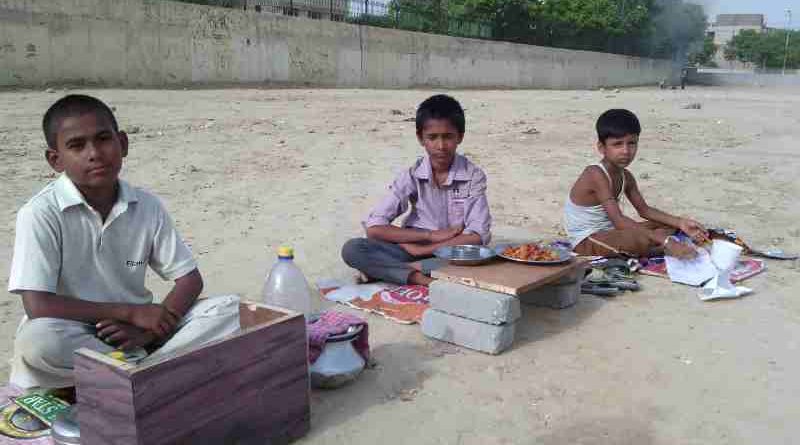175 Million Children Not Enrolled in Pre-Primary Education

More than 175 million children – around half of pre-primary-age children globally – are not enrolled in pre-primary education, missing a critical investment opportunity and suffering deep inequalities from the start, UNICEF warned in a new report released on April 9.
In low-income countries, the picture is much bleaker, with only 1 in 5 young children enrolled in pre-primary education.
“Pre-primary schooling is our children’s educational foundation – every stage of education that follows relies on its success,” said UNICEF Executive Director Henrietta Fore. “Yet, too many children around the world are denied this opportunity. This increases their risk of repeating grades or dropping out of school altogether and relegates them to the shadows of their more fortunate peers.”
A World Ready to Learn: Prioritizing quality early childhood education – UNICEF’s first ever global report on pre-primary education – reveals that children enrolled in at least one year of pre-primary education are more likely to develop the critical skills they need to succeed in school, less likely to repeat grades or drop out of school, and therefore more able to contribute to peaceful and prosperous societies and economies when they reach adulthood.
[ Fault Lines – Education in Delhi Schools: Rhetoric vs. Reality ]
Children in pre-primary education are more than twice as likely to be on track in early literacy and numeracy skills than children missing out on early learning. In Nepal, children attending early childhood education programs were 17 times more likely to be on track in their early literacy and numeracy skills.

In countries where more children attend pre-primary programs, significantly more children complete primary school and attain minimum competencies in both reading and math by the time they finish primary school.
The report notes that household wealth, mothers’ education level and geographical location are among the key determinants for pre-primary attendance. However, poverty is the single largest determining factor.
UNICEF is urging governments to make at least one year of quality pre-primary education universal and a routine part of every child’s education, especially the most vulnerable and excluded children.
To make this a reality, UNICEF urges governments to commit at least 10 per cent of their national education budgets to scale up early childhood education and invest in teachers, quality standards, and equitable expansion.




